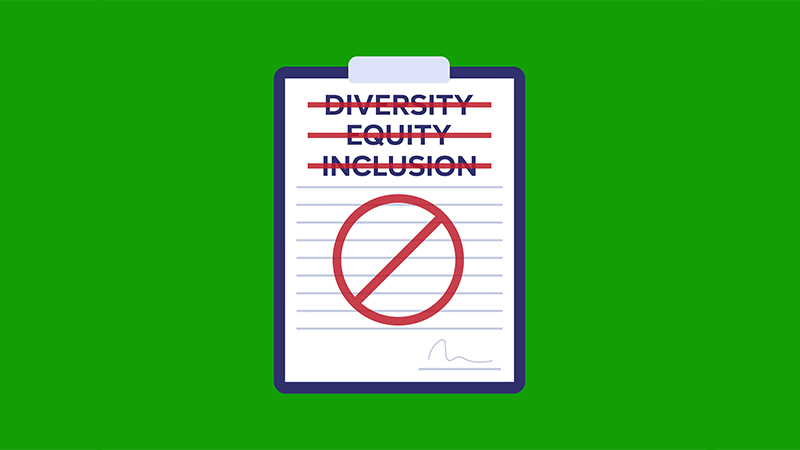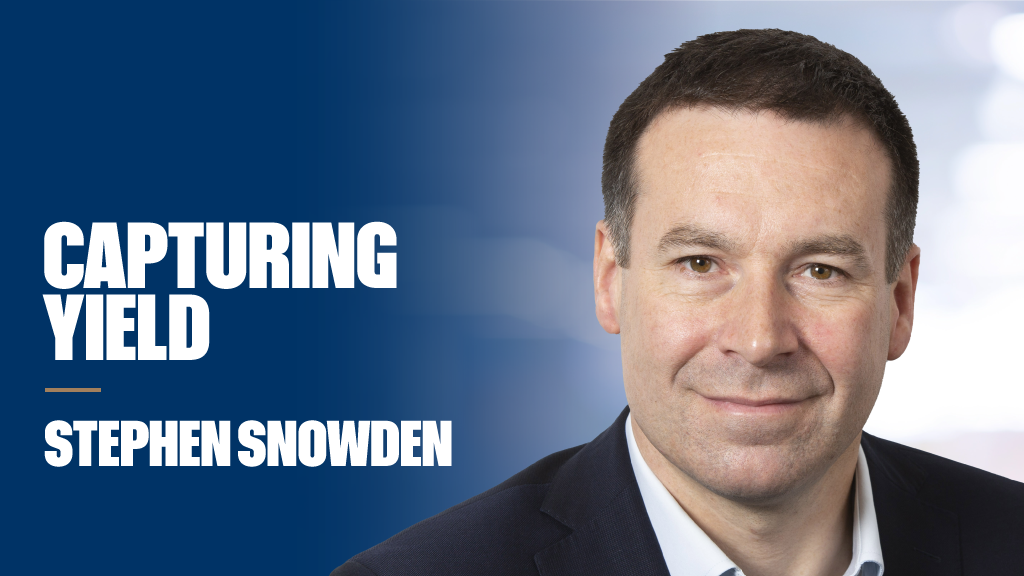A recent study by the EDHEC-Risk Institute showed long-only commodity investing was trumped by long/short commodity strategies in terms of raw and risk-adjusted performance over the past 20 years.
EDHEC-Risk said since the downfall of Lehman Brothers the link between the performance of long-only commodity portfolios and equities had strengthened considerably and this led it to question the suitability of long-only commodity investing as a means of hedging an investor’s portfolio.
Others disagree that the correlation is as clean cut as that.
Angelos Damaskos, CEO of Sector Investment Managers and fund adviser of the Junior Oils trust said it is important to think of commodity investing under two headings: investment into the physical assets themselves and investment into the equity of commodity-based companies.
"Mining equities do have a strong correlation to equity markets in general and commodity-linked equities are mainly down year-to-date."
"In the long term there is a correlation between commodity equities and commodity prices, but there are significant and long periods of either a lead or a lag."
An example he gave of this trend was back in 2008 when the gold and oil equity sectors peaked in March. The commodities themselves continued to rise until July and then both commodities and equities fell in the second half of the year.
Following that, oil equities started recovering in January 2009, before the wider equity market, and proceeded to outperformed the oil price over a two-year period, until January 2011.
Since the start of this year oil equities have lagged because the oil price has benefited from uncertainty in the Middle East.
The increased popularity of ETPs is another factor that has been cited as a driver behind the increased correlation in commodity prices and equity prices.
The advent of ETCs has made the commodity market much more accessible to retail investors, and this increased ‘financialisation’ of the sector means if investors are taking risk off the table, they do it in both sectors at once.
In the case of gold, of course, this works the opposite way, with investors ploughing into the precious metal as a perceived safe haven.
But Damaskos argued that institutional investors and respected investment professionals are still making the call to get into gold, so the surge in price cannot solely be pinned on retail investors naiveté.
In its latest commodities update Capital Economics has come down somewhere in the middle of the debate, but said commodities should definitely still be regarded as an asset class in their own right.
Julian Jessop, chief global economist, said: "As commodities have become a mainstream investment, their performance has naturally become more highly correlated with that of other asset classes with similar participants," but he added "commodities are materially different from many other investments."
He said one key benefit of commodities is that their prices are less sensitive to many of the risks faced by firms, financial institutions or governments.
The example used by Jessop to illustrate his point was the potential of a major oil shock in the future, where commodity indices such as the S&P GSCI would rise, while the damage done to the global economy would lead equity prices south.
"Numerous studies, have also shown commodities provide better protection against inflation than equities do, even commodity-related equities," said Jessop.
A new sovereign debt crisis or a collapse in the dollar are also factors that might drive a wedge between the performance of commodities and equities, he added.
Finally, he said all commodities should not be lumped together and sub-groups of the asset class had shown substantial divergence in performance.
"While the potential diversification and hedging benefits of commodities have been reduced by the surge of investment into the asset class, they have not disappeared completely."











